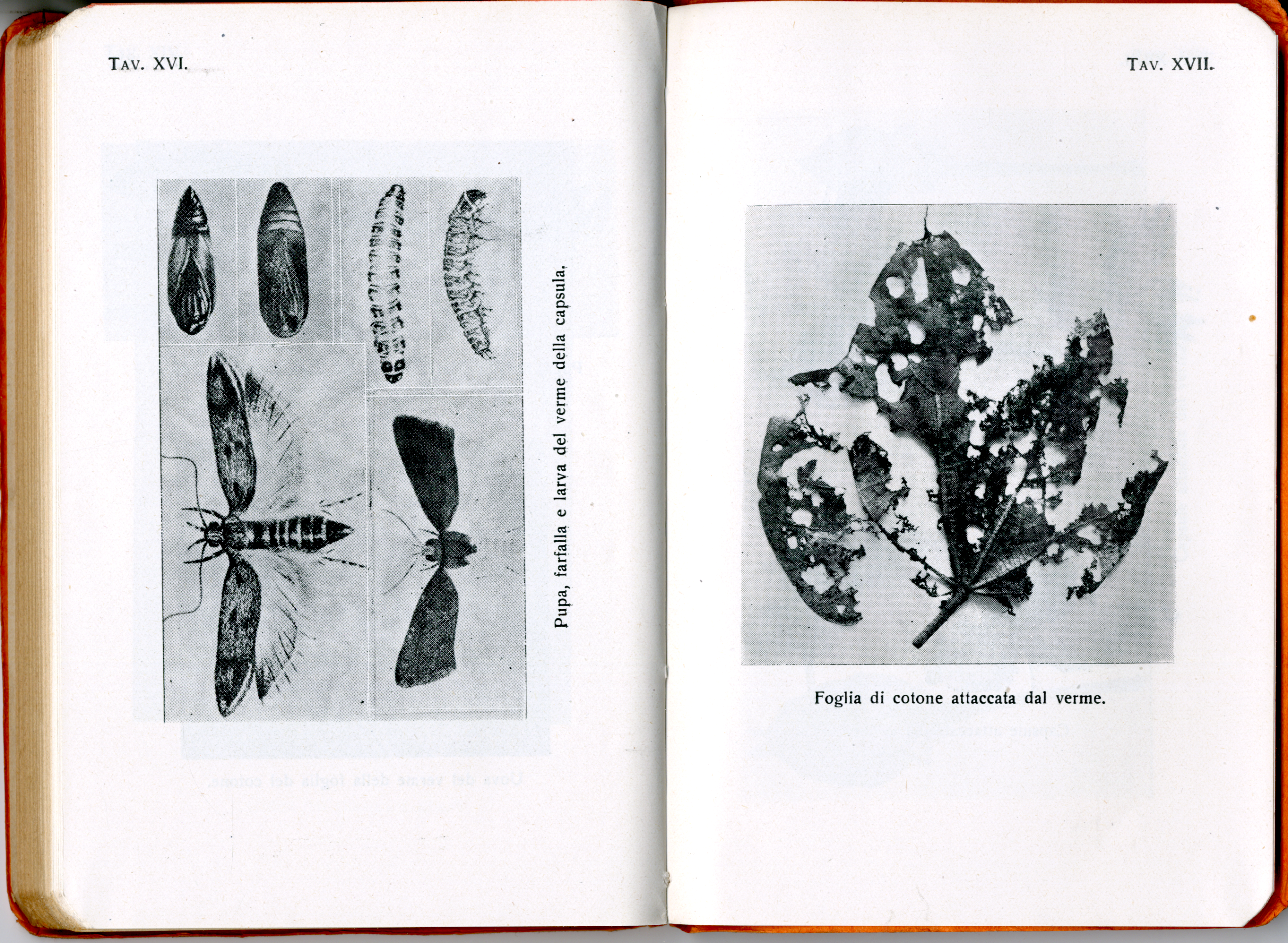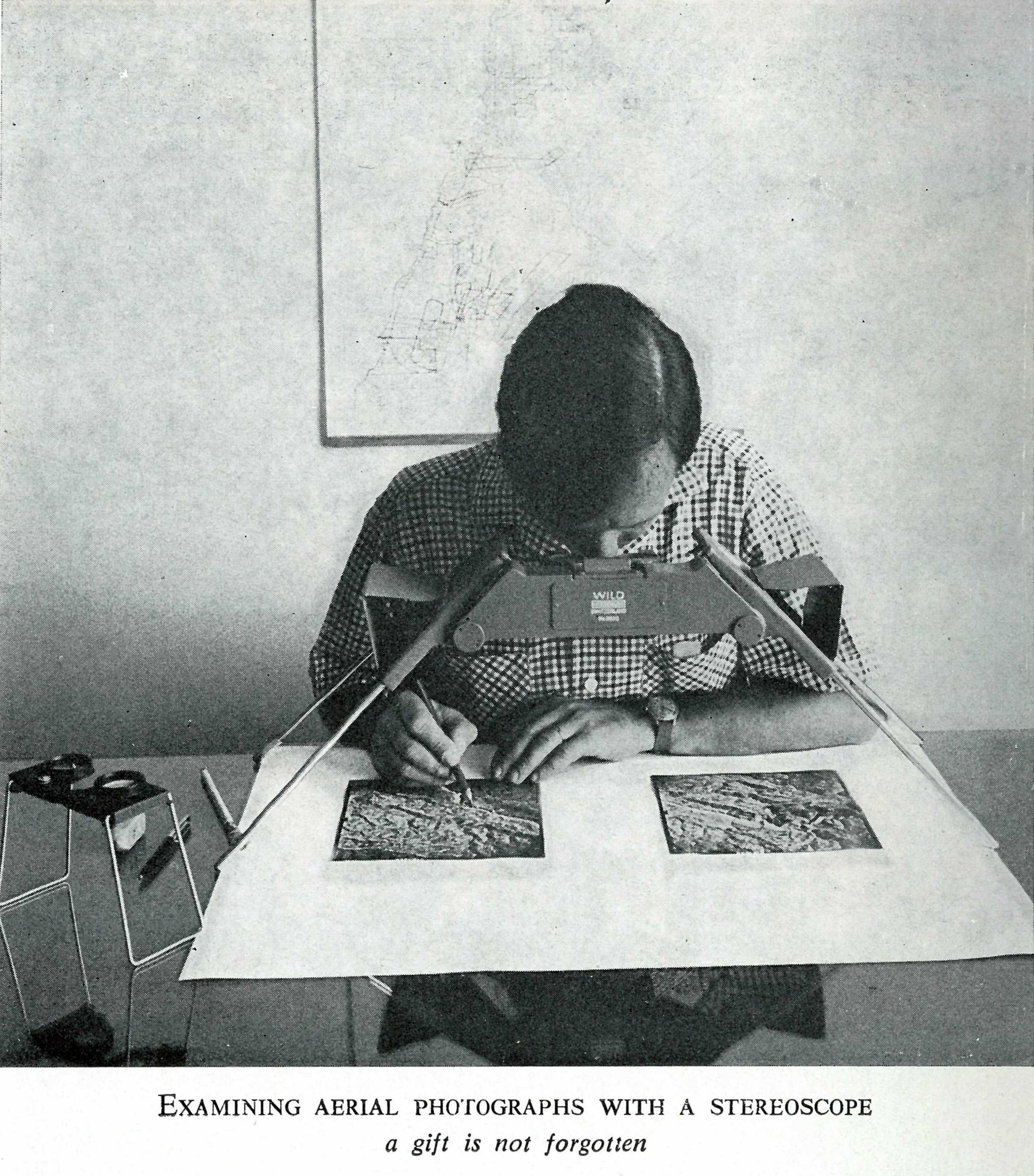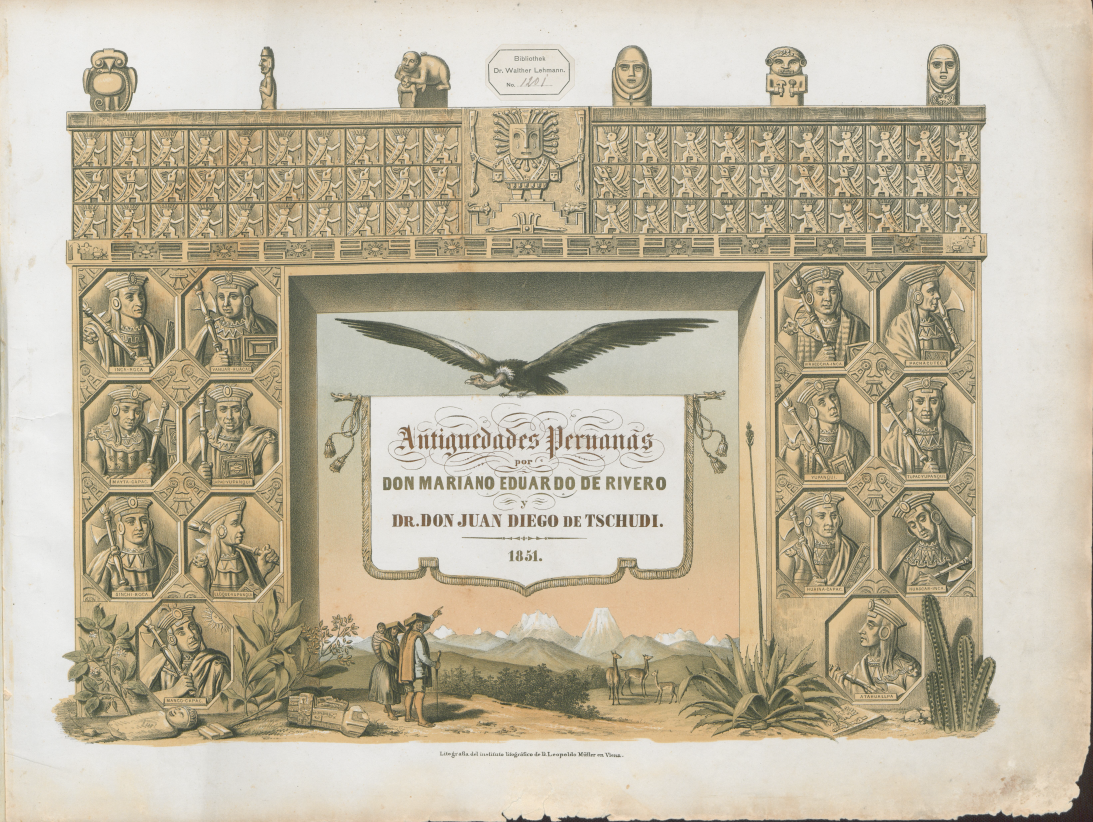Tomás Bartoletti
Insect Pests and Economic Entomology in Plantations, c. 1870-1930s: A Multispecies History of Global Capitalism
This project explores a paradigmatic case in the connected histories of knowledge, capitalism and the environment between c. 1880 and 1930. During this period, the propagation of pests beyond imperial and state borders challenged the cost-effective exploitation of tropical raw materials. As a response, pest control methods were at the core of the ‘War on Nature’, spreading standardised management of global plantations. A branch of the scientific study of insects, economic entomology, was thus intensively applied to improve land use, becoming a prominent field in global scientific research. The project focuses on the role of European entomologists expanding the economic frontier and profit aspirations through commodification processes in Latin America, East Africa, the Middle East and the Pacific Islands. A case study developed by the PhD researcher involved in the project will examine counterflows of entomological knowledge in the Mediterranean space by looking at the ‘phylloxera crisis’, which affected wine production in the late-nineteenth century. The global circulation of knowledge about pest control has transformed socioecological dynamics in these regions, and also powerfully shaped the model of agricultural production both in tropical lands and in the European context until our times. By reassessing the development of pest control research in the tropical world, this project contributes to highlighting the interlocking of applied entomology and agricultural economics in processes of global territorialization and imperial capitalism.
The research project is based on multi-lingual published sources and archival sources found in the regions under study, and on entomological collections in European institutions. It envisions a wide range of beneficiaries, contributing to specific historiographies and public debates about sustainable development, and fostering a transdisciplinary dialogue between humanities and natural sciences. Lastly, by reflecting on the agency of insects, it intends to develop further methodological frameworks for ‘multispecies’ global histories, much needed to overcome the potential biases in our current understandings of the environmental crisis.
The project is generously funded by the Ambizione scheme program of the Swiss National Science Foundation.

“One World - One Forest”: Forest Management and International Environmental Governance since 1950
Over the past decades, awareness of the crucial role of forest ecosystems in climate change mitigation and adaptation has grown. Simultaneously forests have been increasingly framed within market-based mechanisms such as carbon trading and REDD+ initiatives. The production of such forest carbon inventories has become a key strategy for the regulation and management of diverse forests ecosystems, involving their mapping, assessment, and monitoring. Such developments are influenced by the historical processes through which forests gradually became important objects of knowledge and political concern for international institutions like the FAO, the United Nations and the World Bank. The large-scale use of mapping methods such as aerial surveys and satellite remote sensing have transformed the ways of seeing and researching forests all over the world. The related formation of global scientific partnerships between different actors such as environmental activists, ecological scientists and forestry experts still shape negotiations over competing valuations of forests, raising tensions between conservation, resource extraction, and financial speculation.
This project explores these interwoven histories of knowledge and the environment by focusing on how the emergence of satellite mapping, new trends in ecological research and the creation of national forest inventories by institutions like the FAO and the World Bank have shaped international environmental governance of forests since the 1950s.
This research is generously funded by a Career Seed Award of the ETH Zurich.

Naming Natures: A Transdisciplinary Exhibition Project on Natural History and its Colonial Legacy
Naming Natures is a science communication project based on my research on the history of Swiss science in nineteenth-century Latin America. This art-science exhibition aims to make a contribution to public awareness of the conflicting past of natural history museums, while opening a dialogue on the significance of integrating indigenous perspectives in our current understanding of the environmental crisis.
The multi-site exhibition Naming Natures, co-curated by myself and artist-researcher Denise Bertschi in collaboration with the Natural History Museum in Neuchâtel (MHNN) and the Neuchâtel Centre d’Art (CAN), approaches the history of Swiss naturalist Johann Jakob von Tschudi and his zoological collections allocated in Neuchâtel. This ‘Helvetian Humboldt’ hunted more than six hundred specimens in Peru between 1838 and 1842, still preserved at MHNN. The art-science exhibition shows Tschudi’s collection for the first time in its entirety together with hundreds of documents and objects, which are found in several museums and libraries in Switzerland, Austria and Peru.
Naming Natures gives the public an insight into the origins of this Natural History Museum, while at the same time calling into question its colonial background. The multi-site exhibition, including the works of Latin American and Swiss artists, scientists and historians, critically tackles imperial narratives of the Western scientific tradition, questioning the established nature/culture distinction and proposing multiple ways of understanding nature. Contradicting the fascination for exotic animals, the specimens exhibited are not chosen for their spectacular nature but because of the density of the global material history that they embody. Through a scenography including both Tschudi’s natural history collection and contemporary artistic works, this transdisciplinary exhibition project is designed to open up a space for critical reflection on Switzerland’s role in the asymmetrical processes of 'Global Science' and for a reassessment of indigenous ecological knowledge to face current environmental challenges.
Naming Natures is generously funded by the Agora scheme program of the Swiss National Science Foundation.
More info: external page https://naming-natures.ch/
